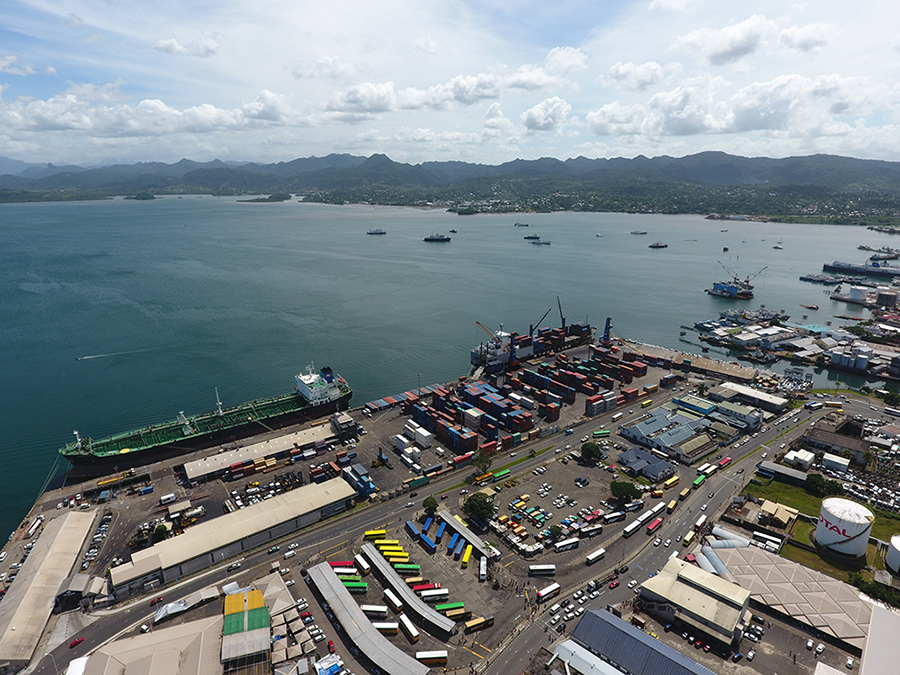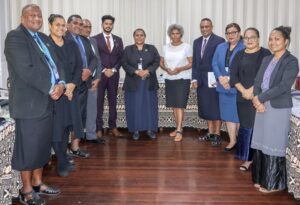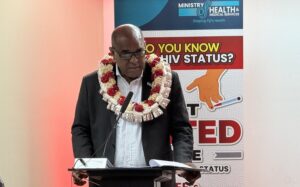Fiji’s Deputy Prime Minister and Minister for Finance Professor Biman Prasad slammed the statement by Fiji First Acting General Secretary Faiyaz Koya disputing claims that the Coalition Government rode on FijiFirst’s success.
He challenged Koya’s assertion that FijiFirst policies were solely responsible for the country’s post-COVID recovery including record tourist arrivals and remittances stating, “The post-COVID growth credited to FijiFirst shows a lack of understanding about recovery in tourism and massive support from international partners and massive borrowing before and during COVID.”
“Fiji was suffering a huge loss in revenue well before the pandemic and was further exacerbated with the prolonged stay of COVID in Fiji and the Fiji First’s inability to keep the economy afloat and not the Coalition government,” Professor Biman said.
“He forgets to point out that the economy had contracted and had negative growth in 2019, before COVID.”
Professor Biman stated that the 8.2 percent growth in 2023 reflected the coalition government’s policy and the confidence it generated through inclusive policies.
Koya was commenting on a recent report issued by the Reserve Bank of Fiji which highlighted a strong rebound in the Fijian economy driven by record tourism numbers, but also raised concerns about lower investment spending and challenges “in primary and natural resource sectors due to industry-specific issues with sugar, forestry, gold and mineral water outputs noting a contraction in 2023”.
The RBF report also anticipates that 2024 will be challenging due to a projected economic deceleration and the loss of skilled workers.
Koya said that Fiji’s current economic trajectory is such because of the Coalition Government’s policies. He highlighted issues such as the increase in VAT to 15% and the recent hike in Airport Departure Tax (ADT) from $125 to $140, which he argued made Fiji less competitive in the global tourism market. Koya also questioned the government’s transparency regarding debt repayment. He cited the departure of skilled workers, lack of infrastructure investment, and a perceived lack of investor-friendly policies as contributing to economic challenges.
“We are seeing that the people of Fiji are unable to shoulder the burdens of this
governments economic plans, anyone can go and ask local businesses who will tell you that the increases have seen people spend less and thus they have less to spend on investments,” Koya said.
Professor Biman countered, asserting that the current government inherited economic challenges from FijiFirst including debt, deteriorating health, education and social infrastructure in the country which they are now addressing.
“The people of Fiji understand how much the coalition government has done to support our most vulnerable through social welfare increases, back to school support, the sugar industry and above all provided freedom in the country.”









